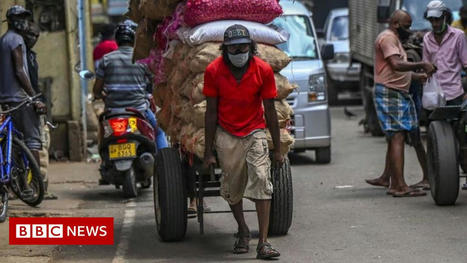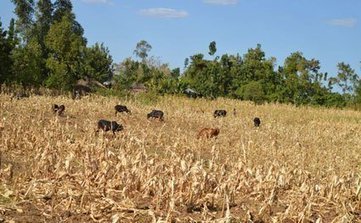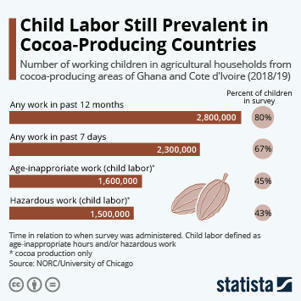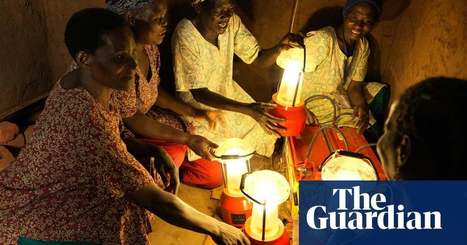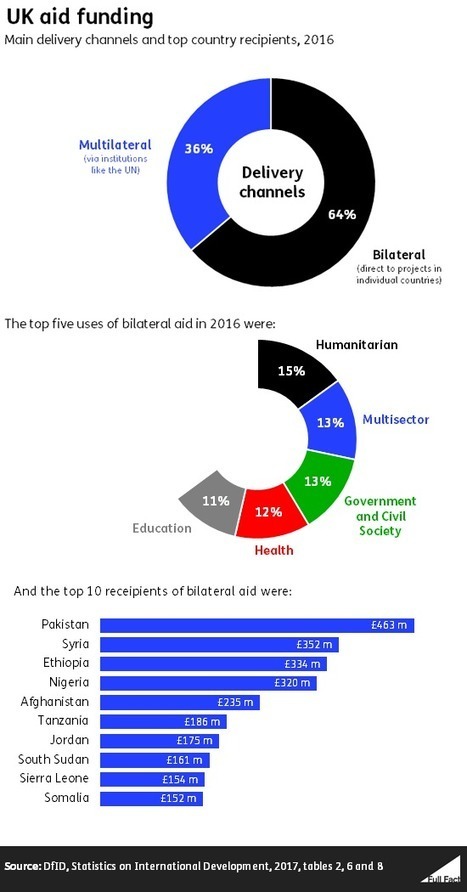The government says it will seize food stocks and set prices to contain inflation.

|
Scooped by Geoff Riley |
econ-intel.com's curator insight,
February 10, 2023 3:12 PM
What a sad situation. How does seizing food in a food insecure nation help the people?
Sign up to comment



 Your new post is loading...
Your new post is loading...
